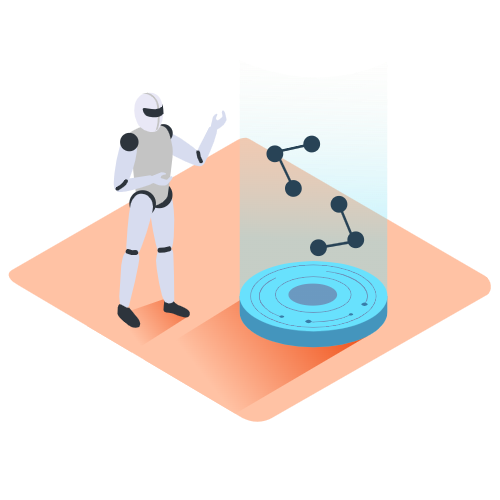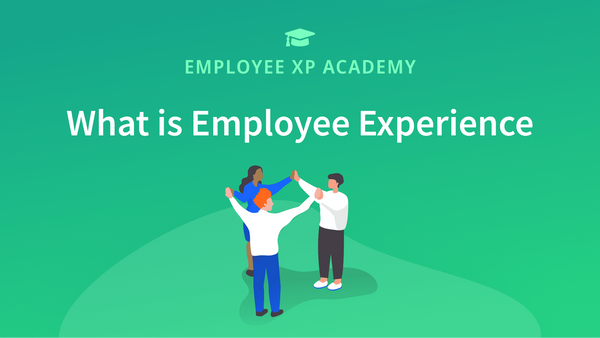The future of HR Automation
The Evolution of Automation
Automation has been around since the industrial revolution, but only recently has it become cost-effective enough for large companies to implement it on a large scale. As technology advances and becomes more accessible, automation becomes less expensive and more widely available.
We've seen an explosion in HR technology over the past few years, but most of it is focused on streamlining and simplifying existing processes. This is great because it means you can focus more on the people side of things—but it also means that you don't have the time or resources to look at how you could change things up.
Today, we can create systems that rely on machine learning and artificial intelligence (AI) to make hiring decisions or match candidates with jobs based on their preferences and experience—and we can do this without having to hire another person for a whole new department!
The rise of Artificial Intelligence in human resources
More and more organizations are using or planning to implement AI within the next two years.
With the advent of Artificial Intelligence (AI), the role of HR professionals is changing from being a compliance officer to being a strategic advisor. HR departments are now becoming more like business units, with their own goals and KPIs. This means that HR departments have to be able to justify their existence through results.
However, with the increasing number of data points available to HR professionals, it has become difficult for them to manage all this information manually. This is why automation is coming into play and transforming how we perceive HR processes.
The future of human resources is about automation software
Human resources departments will use artificial intelligence and automation software to streamline their processes and make them more efficient.

A report by McKinsey & Company found that AI could improve productivity by 25% in the world's largest companies by 2030, with a potential $8 trillion boost to global GDP. Automation will also give HR professionals the opportunity to focus on higher-value tasks like strategic planning, talent acquisition, and employee engagement.
Why companies are investing in the automation of their HR processes?
If many companies invest in HR automation, it is because it brings many benefits and improves employee engagement:
- It makes it easier to manage your team: With fewer manual tasks to do yourself, you can spend more time focusing on the people side of your business.
- It saves you money: Automation cuts down on costs associated with having someone do this work manually, so you'll be able to save money on your payroll budget without sacrificing quality or efficiency.
- It makes employees happier: The more efficient process helps employees feel like they're being treated well by their employer, which increases loyalty and engagement levels among staff members—which means happier customers!
Creating a better employee experience
Employees will be able to use this automated software to complete tasks such as updating their insurance information or requesting a vacation day. They will also be able to use it to find out if they qualify for any benefits, such as medical coverage or parental leave.
With HR automation, employees can have more control over their benefits, performance reviews, and more. With the Clevy OnDemand Employee Portal, they'll be able to use a virtual assistant to schedule their own time off, or even request different benefits packages based on their needs.
HR automation will also make it easier for companies to attract new talent by making sure that their policies are fair and transparent for everyone who works there—not just those who make the rules!
Automation of HR processes will empower employees to take ownership of their careers.
As you can see, HR automation is constantly improving thanks to artificial intelligence. The most successful companies are those that are able to leverage technology to make their employees more efficient and productive.
Finally, the future of HR automation means that employers will have access to better tools and data, which can help them make smarter decisions.




